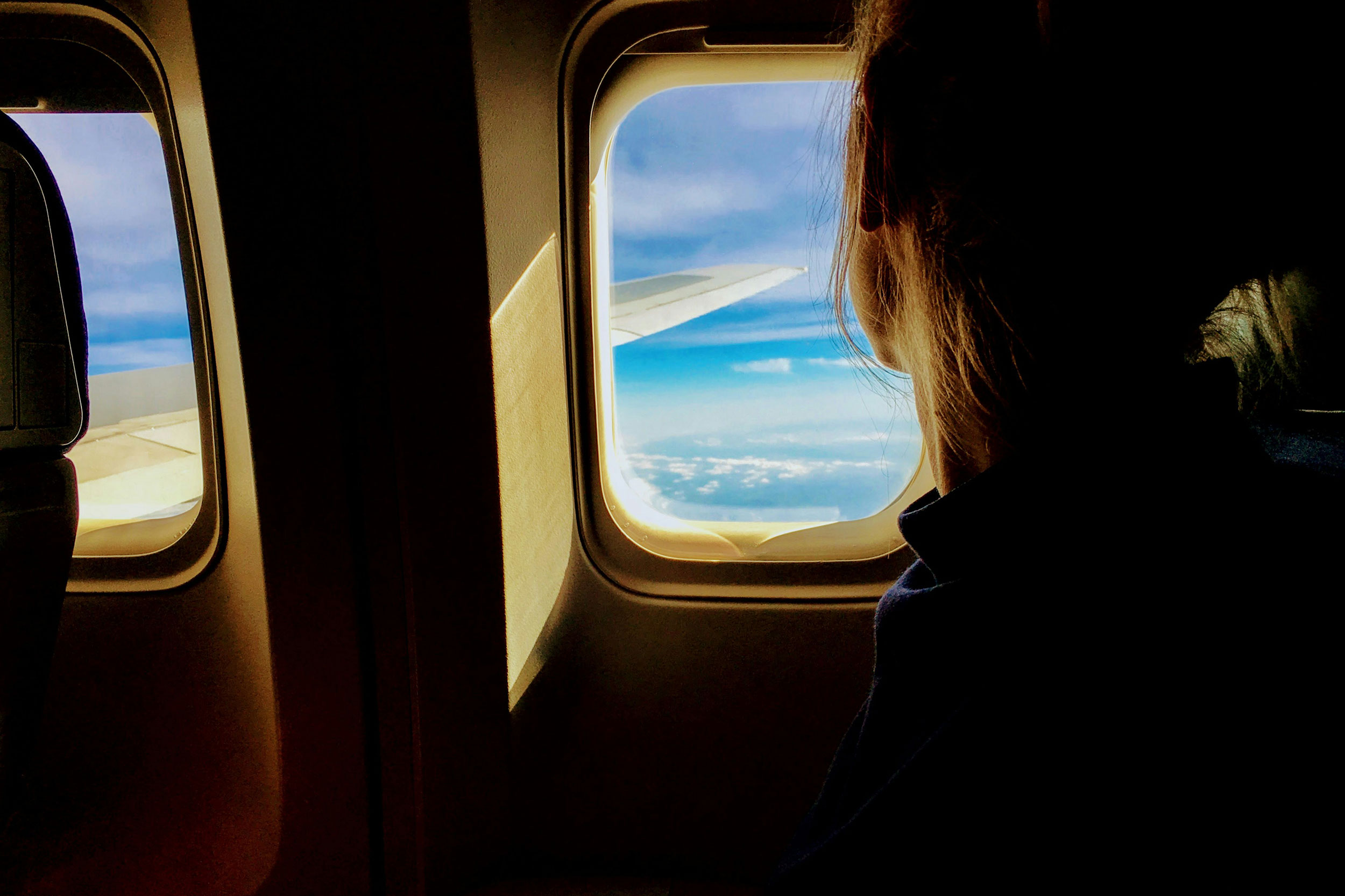
Image by Mesut Kaya, Unsplash
ActionHub and its parent company were paid a fee to publish this article unedited. The views or opinions expressed here are those of the author and may not reflect those of ActionHub or any of its affiliates.
Why Travel Sparks Joy and Genius
Have you ever noticed how you feel more alive when you’re exploring a new place? That’s not just the thrill of skipping your usual routine. Travel can actually light up your brain, making you smarter, more creative, and, yes — happier! When students hit the road, whether for a quick city break or a semester abroad, they’re signing up for more than just fun times. They’re stepping into a powerful classroom without walls, where every experience can enhance their understanding of the world.
Imagine learning about the Renaissance by walking through the streets of Florence or understanding marine biology by snorkeling in the Great Barrier Reef. Sounds more engaging than a lecture, right? Traveling allows students to experience their studies in real life, putting faces, places, and practical experiences to the names and dates found in textbooks!
Bringing Lessons to Life
Incorporating travel into education isn’t just about having fun; it’s a strategic move toward comprehensive learning. For instance, encountering new cultures firsthand builds empathy and social skills that are hard to teach in a classroom setting.
It’s these soft skills, coupled with academic knowledge, that round out a student’s education, making them well-prepared for the complexities of the modern world. Moreover, academic writing services often emphasize the value of firsthand experiences in enhancing essays and research projects, which can be significantly enriched by the insights gained through travel.

Image by Tim Gouw, Unsplash
The Science Behind the Scenes
Let’s dive into how travel actually changes the brain. When you visit new places, your brain is challenged to adapt to new environments, languages, and social settings. This mental workout boosts cognitive flexibility, the brain’s ability to jump between different concepts and think about multiple ideas simultaneously.
This kind of mental stretching is crucial for creative thinking and problem-solving — skills that are key to both academic and life success.
Building a Better Brain
Travel also improves attention and concentration. When you’re navigating a new city or trying to communicate in a foreign language, your brain has to focus intensely. This kind of concentration exercise can make you sharper and more attentive even after you return home.
Plus, all these new experiences contribute to a greater sense of confidence and self-reliance, traits that are invaluable in personal and professional spheres.
A Remedy for Stress
One of the best benefits of traveling is stress reduction. Breaking away from the daily grind helps reset your stress levels, allowing you to return with a fresh perspective. Lower stress means better mental health and better mental health leads to more effective learning and cognitive functioning.
It’s a win-win situation where not only do you get to chill and see the world, but you also get to boost your brainpower.
Practical Tips for Student Travelers
While the idea of traveling sounds amazing, it’s important to approach it with a plan, especially on a student budget. Here are a few tips to make your travels both enriching and affordable:
- Look for Scholarships and Grants: Many educational institutions and external organizations offer travel grants or study abroad scholarships. Keep an eye out for these opportunities as they can significantly reduce your expenses.
- Plan in Advance: Early planning can save you a lot of money on flights and accommodations. Use apps and websites that alert you to deals or cheaper travel options.
- Embrace Local Life: Instead of hitting all the tourist spots, try living like a local. This approach not only cuts costs but also enriches your travel experience, giving you a genuine taste of the culture.
- Keep Safety in Mind: Always prioritize your safety by staying informed about your destination’s current social and political climate. Register with your embassy if traveling abroad, and always have a plan for emergencies.
- Document Your Experiences: Whether through a blog, journal, or social media, documenting your travels can enhance your reflective thinking skills and even provide content for academic projects or future job applications.
Expanding Horizons: How Travel Fosters Academic and Personal Growth
Travel exposes students to diverse educational systems and methodologies around the globe. By interacting with students from different academic backgrounds and experiencing varied teaching styles firsthand, travelers can gain valuable insights that enrich their own educational practices.
Such exposure often inspires innovative thinking and can introduce new techniques that enhance one’s own academic pursuits back home.
Learning Through Cultural Immersion
Immersing yourself in a new culture goes beyond academic benefits; it deepens personal growth by challenging preconceived notions and expanding cultural understanding. Each interaction, whether it’s a conversation in a local market or a collaborative project with international peers, builds cultural competence — an essential skill in today’s globalized world.
These experiences teach adaptability and problem-solving in real time, qualities that are invaluable in both personal development and career readiness.
Networking Internationally
Traveling also offers the opportunity to build an international network. Meeting peers and professionals from around the world can lead to lasting connections, providing career support and opportunities that might not be available otherwise. This network can become a vital resource for collaborative projects, job referrals, and global insights into your field of study.
The Role of Travel in Enhancing Creativity
Creative inspiration often comes from stepping outside the familiar, and travel is one of the best ways to do this. New sights, sounds, and smells stimulate the senses in ways that routine environments simply cannot.
This sensory stimulation sparks different synaptic connections in the brain, fostering creativity. Students often find that traveling gives them a fresh perspective, which can translate into more creative approaches to their academic work, art, and problem-solving tasks.
Developing Independence and Confidence
The challenges of navigating foreign environments also help students develop greater independence and confidence. Managing travel logistics, adapting to unexpected changes, and making decisions in unfamiliar contexts all contribute to a stronger sense of self-efficacy.
This newfound confidence is often reflected in improved academic performance and a more proactive approach to learning and life challenges! However, some students may find themselves overwhelmed by academic workloads while abroad, leading them to pay for research paper services to maintain their grades while juggling travel experiences.
Final Thoughts
Travel isn’t just an escape from the everyday; it’s a direct investment in your cognitive and emotional well-being. For students, it offers a unique way to enhance academic performance, personal growth, and practical skills, all while enjoying the ride.
So pack your bags, embrace new experiences, and watch as the world becomes your classroom, filled with lessons that last a lifetime. Remember, the world is vast, and your potential is just as wide — explore both, and you’ll be amazed at what you can achieve!
This article was written by Lydia Havens from EssayPro.
 Your Privacy Choices
Your Privacy Choices
 The
The